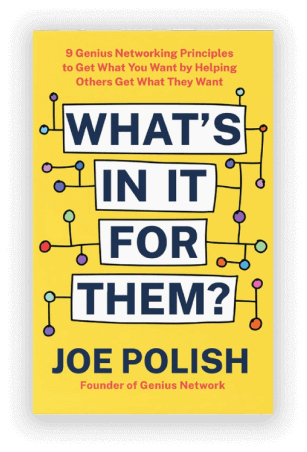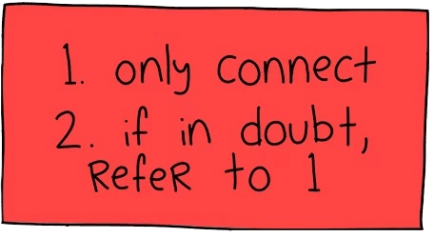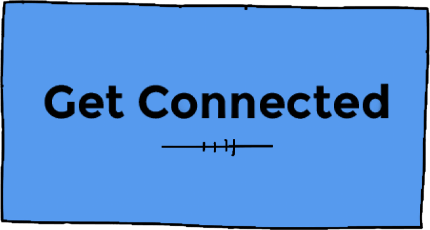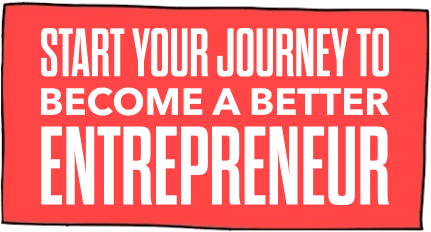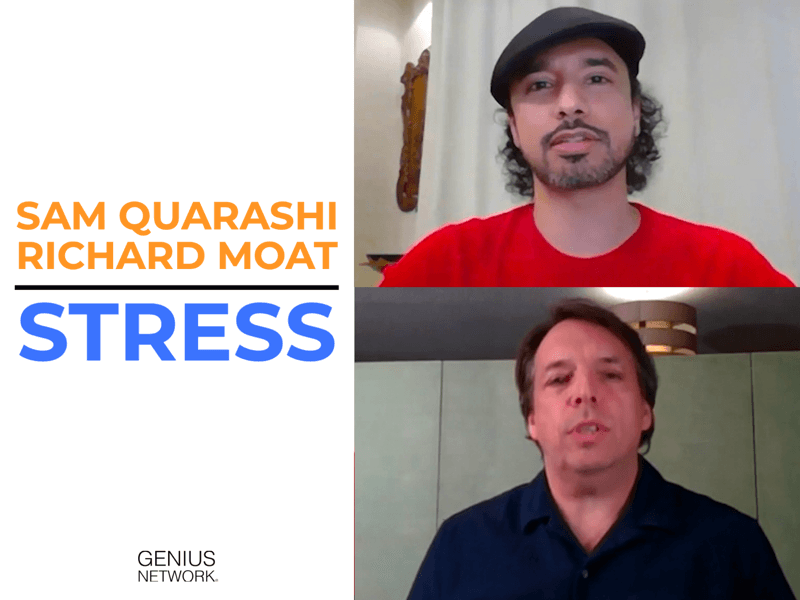
Stress: A Masterclass For Living In Freedom with Sam Qurashi and Richard Moat #181
[mashshare]
Episode Summary
How to live by your truth, heal emotions, and experience greater freedom.
Here’s a glance at what you’ll discover from Sam and Richard in this episode:
- Sam and Richard explain what “stress” is and why it shows up in your life
- An effective strategy for transforming resistance into SAFETY and CONTROL
- Richard explains the link between emotional health and physical illnesses
WHAT'S IN IT FOR THEM?
Get the first chapter for FREE and a limited-time viewing of "Connected: The Joe Polish Story"
Show Notes
- Understanding how stress manifests itself physically in the body.
- All of us are carrying wounds, bruises, and scars that are typically buried in the unconscious.
- As time passes these wounds, bruises, and scars start revealing themselves.
- That’s what creates the behaviors that let us down. That’s what underpins the beliefs that don’t support us.
- Stress is very misunderstood. It’s generalized.
- There are many different types of stress, whether it is physical stress, nutritional stress, chemical stress, or mental stress. All of the stresses that are put upon us place demands on our resources.
- When the demands put upon us exceed the resources that we have to deal with those demands, then a stressful situation is created.
- That doesn’t mean that it’s bad.
- The stress in itself, is an invitation that we can take one way or the other.
- The caveat is… most of us have grown up in a time, over decades, and in a society that actually makes it okay… and gives us permission to feel stressed for, or to feel stressed… and to use that as a bit of an excuse as to why we’re not giving our best.
- “I don’t believe that stress or the things that make us feel stressed are outside of us because everything that’s outside of us is inanimate.” – Richard Moat
- What makes it stressful? What makes it stress inducing? When we come along, interpret and perceive what that thing is, we give that thing meaning. We think, “Oh my goodness, I’m not feeling good about that thing… Therefore it’s that thing that is making me feel stressed.”
- We are responsible for our reaction to this stuff. And we’ve got to turn it around. We’ve got to do a 180 and we’ve got to say, “Okay, so it’s my response to what’s going on.”
- We’re walking into the next situation in life, already wounded, scarred, and bruised. Which means there’s the potential then for the wounds to be touched and reopened. All of a sudden we find ourselves back in coping mode.
- Stress is, is actually something that is internal and it can be projected.
- A lot of people look at responsibility as a lack of, or as a burden.
- Responsibility is control. Responsibility is freedom because the moment you are responsible, now you have the power to change everything.
- People try to avoid responsibility by blaming others. That’s one of the issues in communication.
- We look for something else to blame instead of just taking responsibility for what’s happening.
- That gives us back control in order for us to liberate ourselves from these wounds that we have.
- “My definition of stress personally, is the perceived absence of safety.” – Sam Quarashi
- The point is for you to feel safe. And as long as you feel threatened, the grounds around you are constantly shaking and you’re unstable and it’s hard for you to function.
- The real key to changing the way you interact with any emotion or any situation is changing your relationship to that situation, to that emotion, to that event.
- The way you are engaging with stress, determines whether it’s good or bad.
- Instead of fearing something, get excited about that outcome, learn it as a skill, get excited for it to happen, pursue it in a way which is very interesting.
- By pursuing the thing, the outcome you fear in a way, lowers the chances of you ever achieving that outcome. And you get to have what you want.
- Problems are a mental construct. Nothing is a problem until you decide it is.
- The moment you call it anything else, but a problem… you’re changing the relationship to it. Automatically you engage with it differently.
- Just to sum this up it’s about changing your relationship to the situation, to regain control over the situation.
- First thing we have to do is accept the reality of a situation. Then given that situation, it’s on us then as to how we respond to it.
- We get used to a certain type of response to a certain type of scenario and it becomes unconscious.
- The programming that we grow up with is largely responsible for the responses we have today to whatever’s going on out there.

